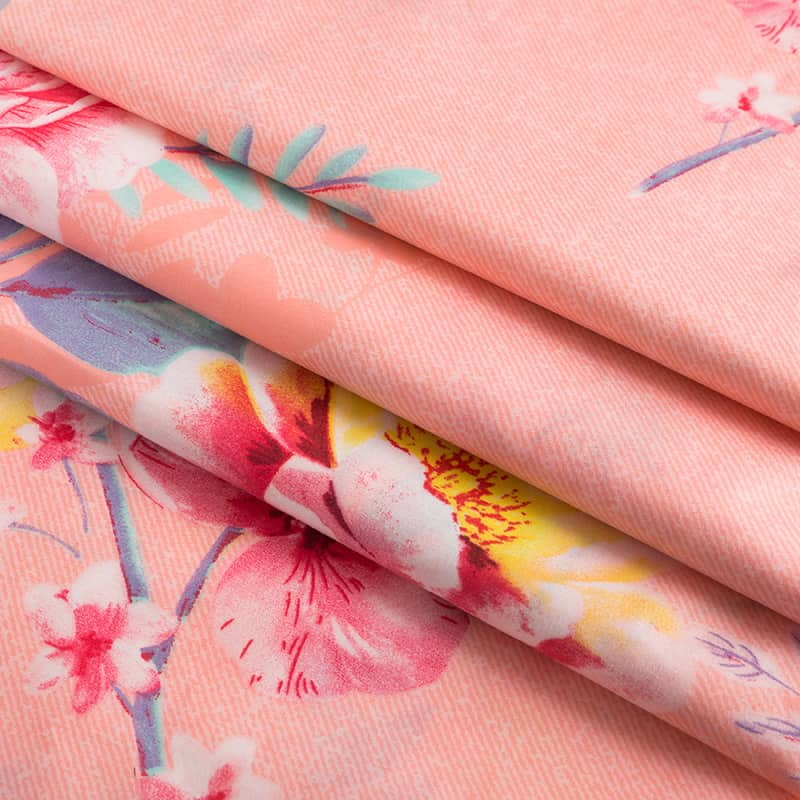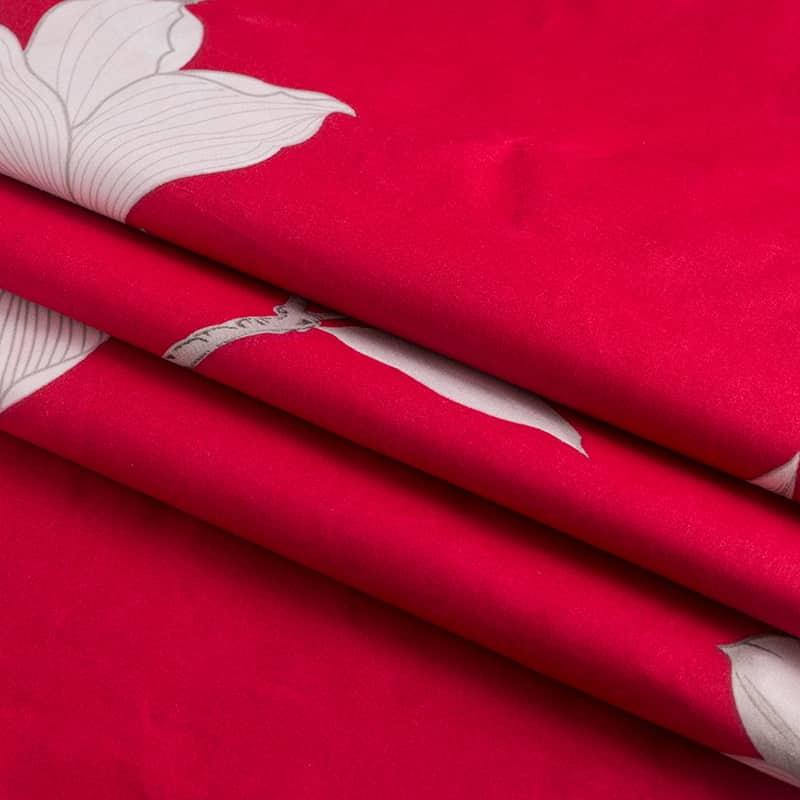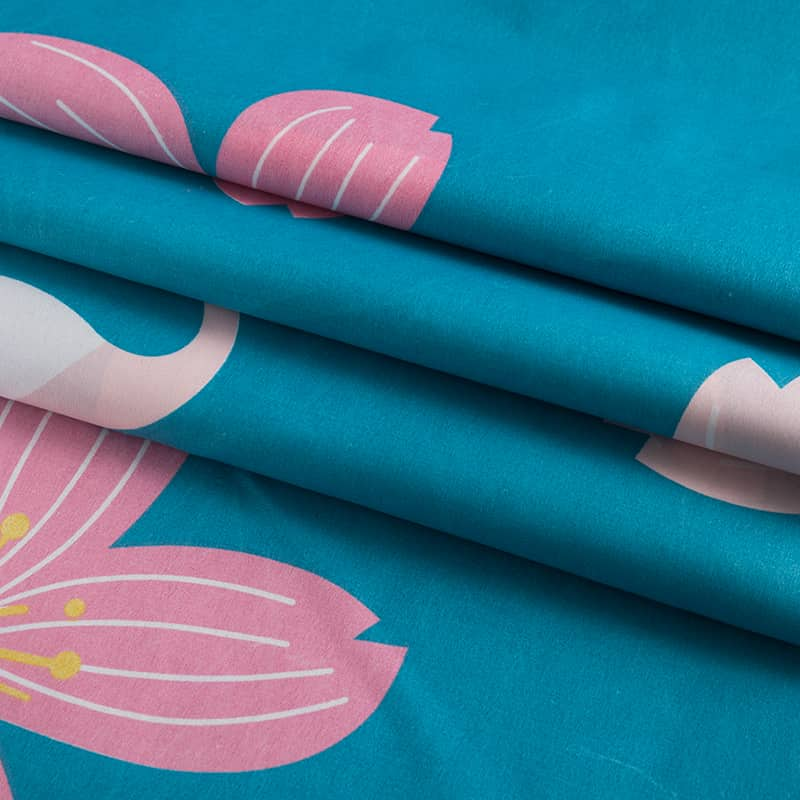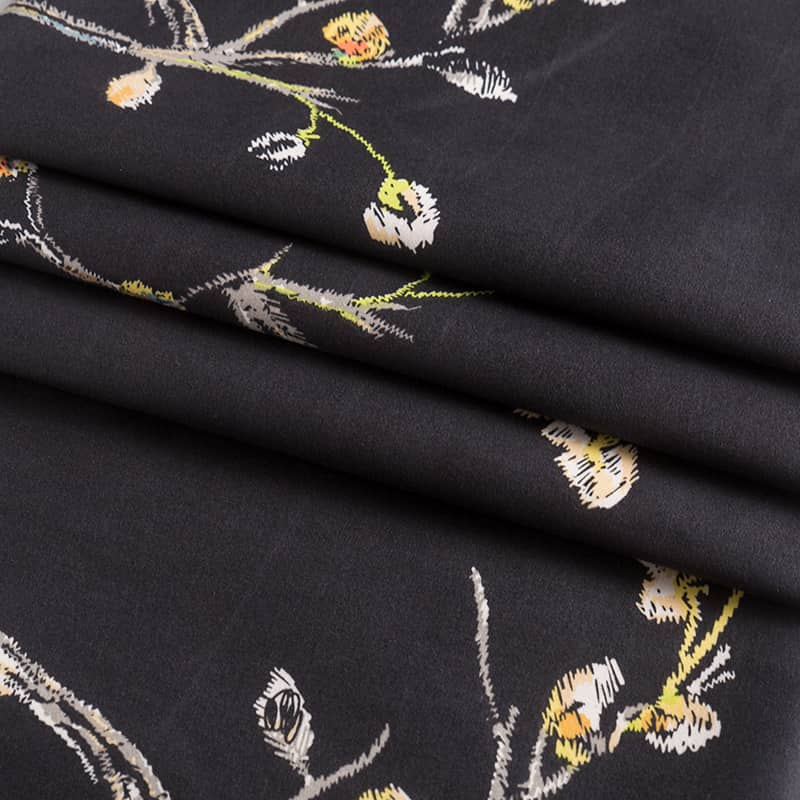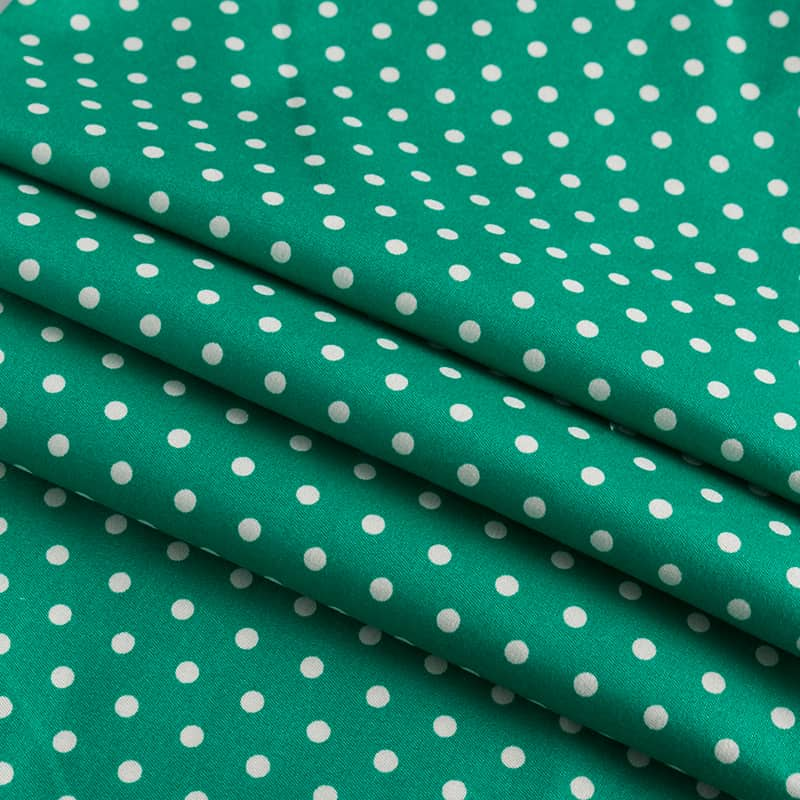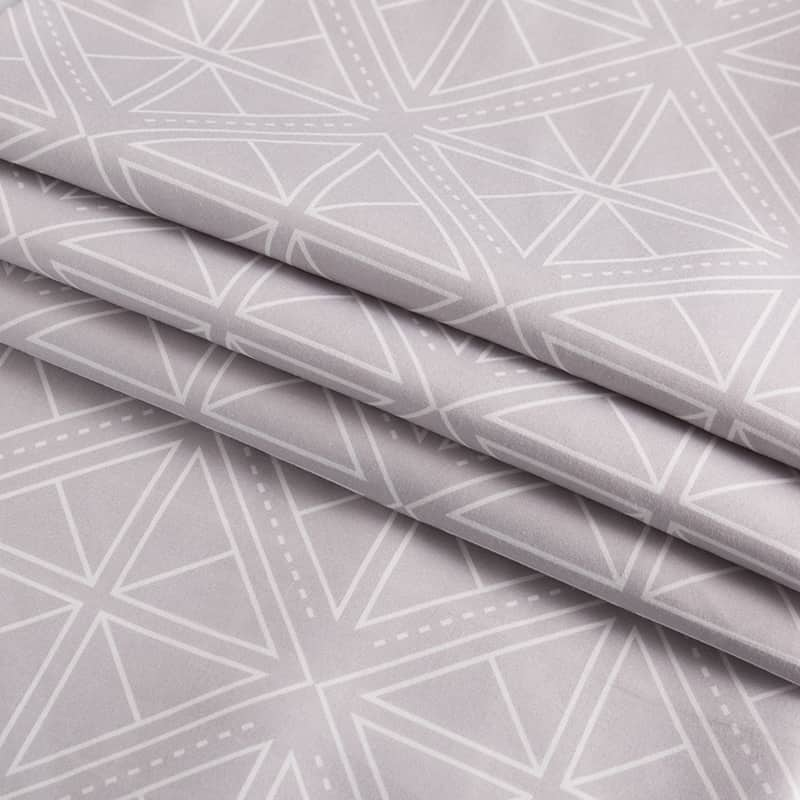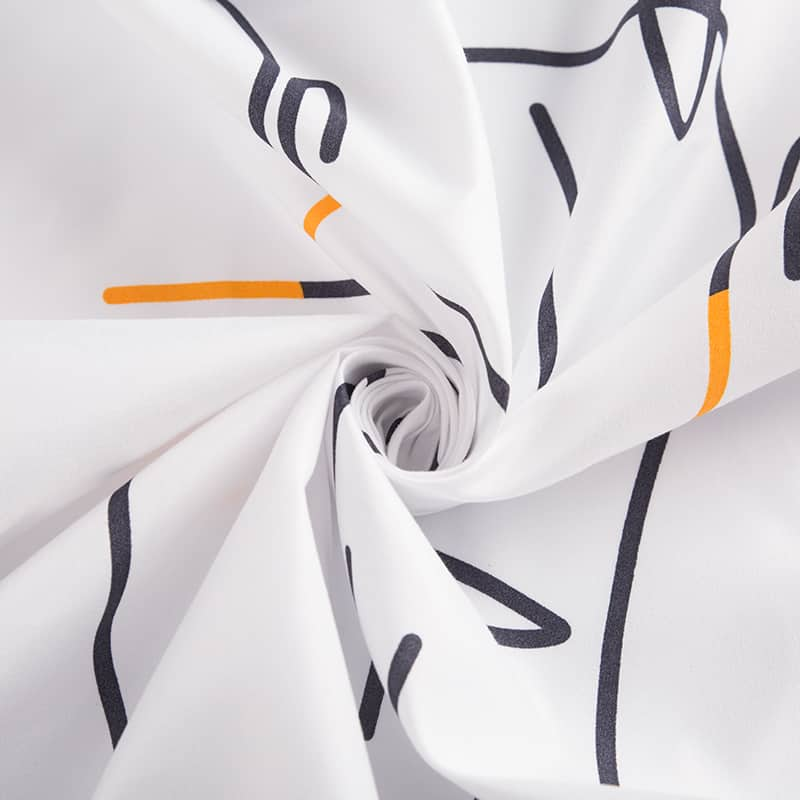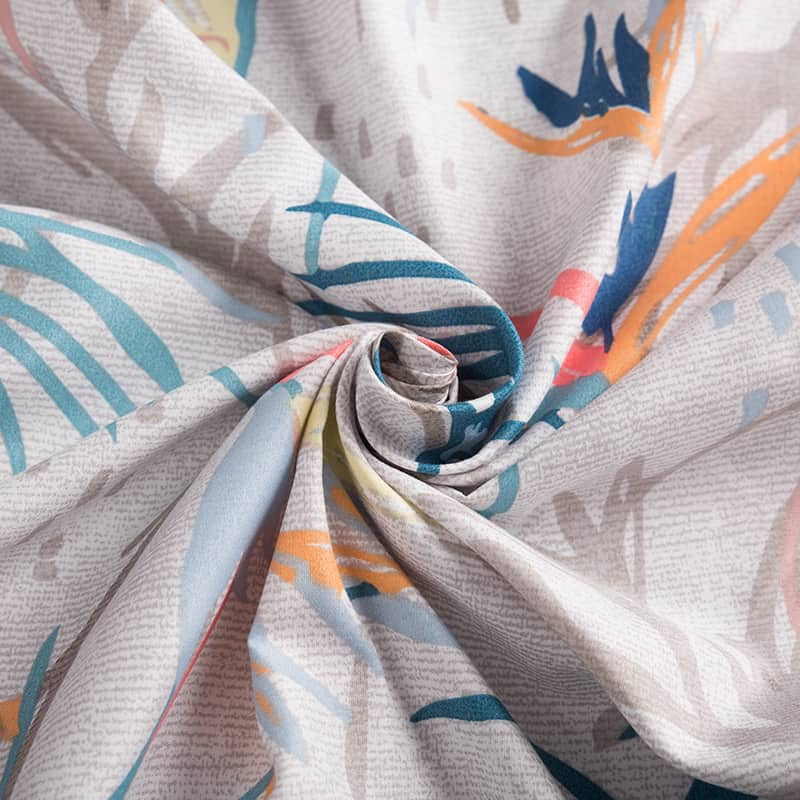Polyester fabric is a synthetic textile made from petroleum-based polymers. Its creation involves a process called polymerization, where ethylene glycol and terephthalic acid are combined through a chemical reaction. The resulting polyester fibers offer a wide range of properties, making them ideal for various uses.
One of the main advantages of polyester fabric is its exceptional durability. This fabric can withstand wear and tear, making it suitable for high-traffic areas and products that require long-lasting performance. Whether it's upholstery for furniture, flooring, or apparel, polyester fabric holds up well over time, providing value for both businesses and consumers.
Additionally, polyester fabric is known for its resistance to wrinkles and shrinking. Unlike natural fibers, such as cotton or linen, polyester fabric retains its shape and appearance even after frequent washing and use. This wrinkle-free characteristic has made polyester fabric a popular choice for clothing items like suits, dresses, and sportswear.
The versatility of polyester fabric extends to its dyeing capabilities. Due to its molecular composition, polyester fabric has excellent color retention and vibrant dye absorption. This makes it an ideal canvas for vibrant, long-lasting prints and patterns. From fashion to interior design, the range of colors and patterns available in polyester fabric is seemingly limitless.
Polyester fabric's moisture-wicking properties have made it highly sought after in the athletic and outdoor gear industry. This fabric efficiently pulls moisture away from the body, keeping the wearer dry and comfortable during physical activities. Its breathability and quick-drying features make it an excellent choice for sportswear, swimwear, and outerwear designed to withstand various weather conditions.
Moreover, polyester fabric's inherent resistance to fading and UV radiation makes it a suitable option for outdoor applications. Outdoor furniture, awnings, and umbrellas made with polyester fabric can withstand prolonged sun exposure without losing their vibrant colors or structural integrity.
As the textile industry increasingly prioritizes sustainability, polyester fabric has undergone significant advancements in eco-friendly production. Recycled polyester, often referred to as rPET, is made from post-consumer plastic bottles, reducing waste and reliance on fossil fuels. This sustainable approach has garnered attention and praise from environmentally conscious consumers and organizations.
With its remarkable durability, versatility, and eco-friendly advancements, polyester fabric has cemented its position as a leading material in the textile industry. From clothing and accessories to home furnishings and technical applications, this fabric continues to shape the way we interact with textiles.



 英语
英语 西班牙语
西班牙语
